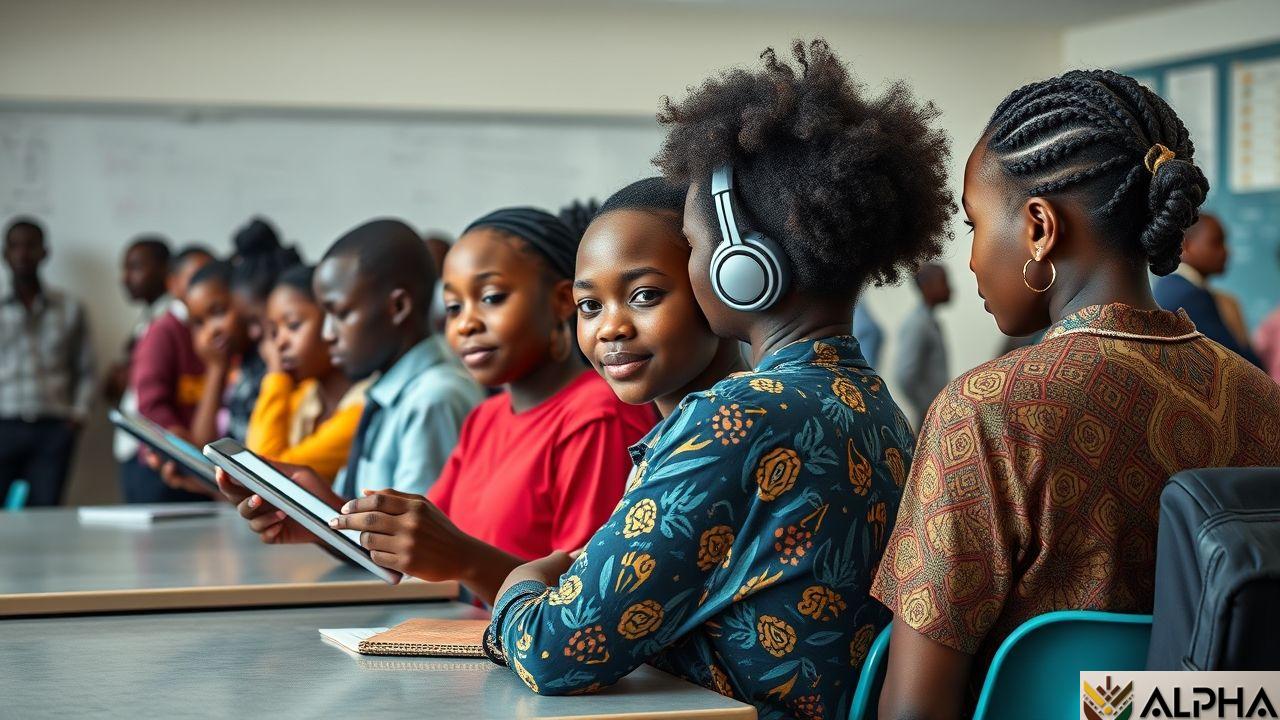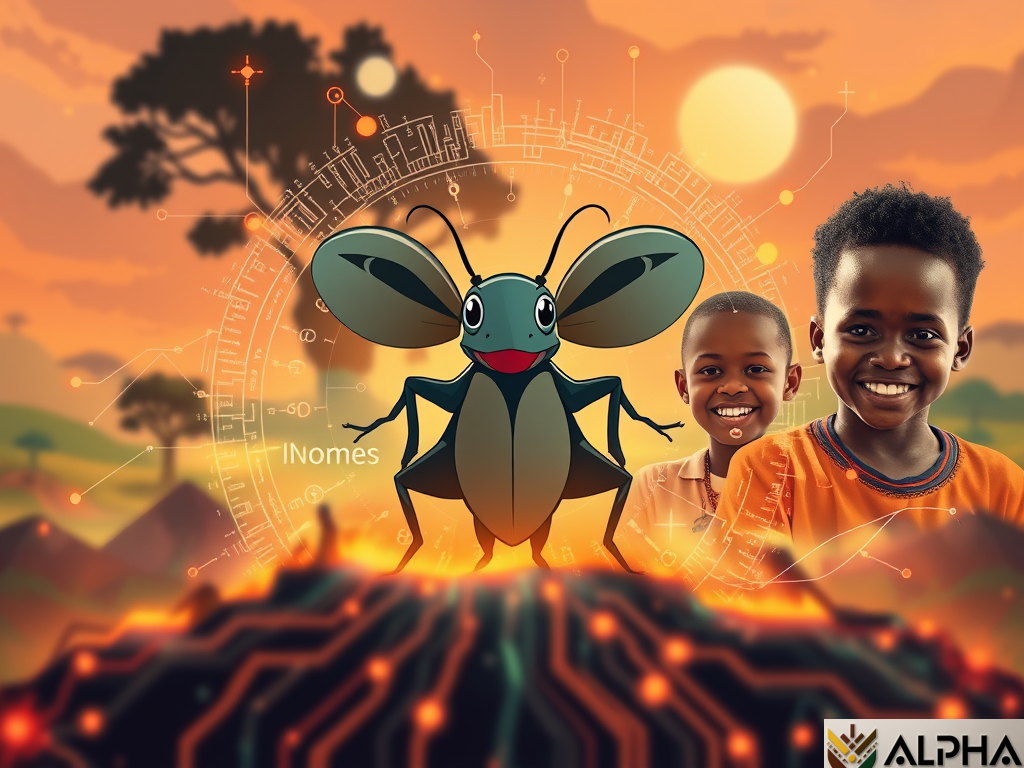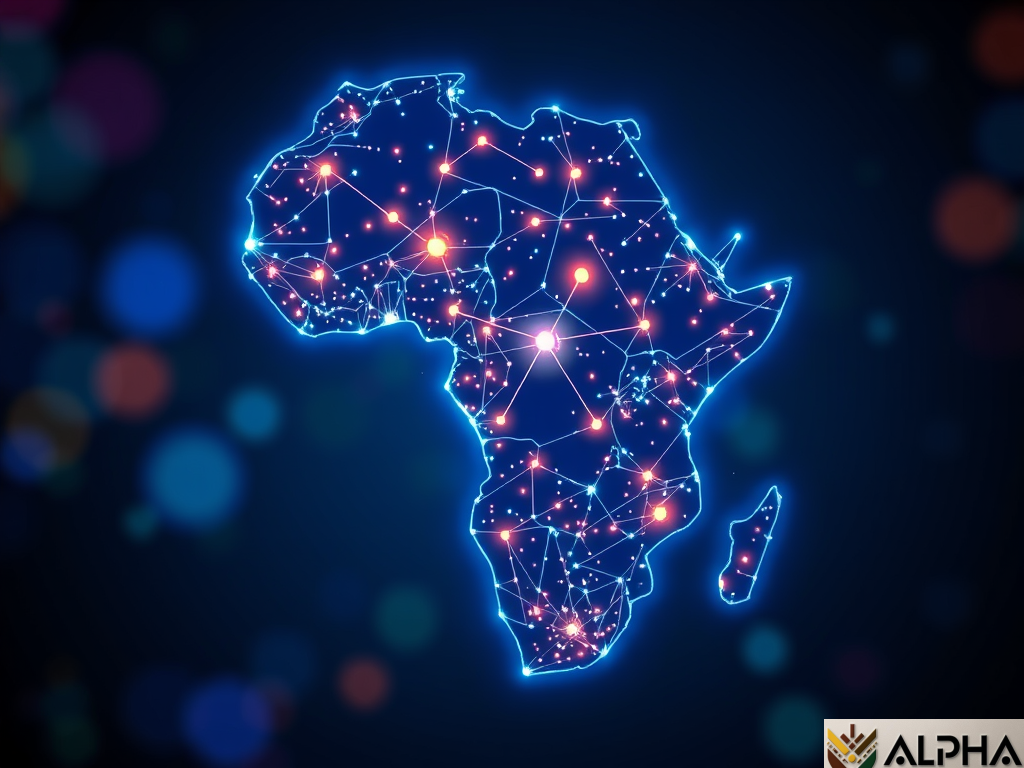Revolutionizing African Education: The Rise of AI-Powered Learning
Revolutionizing African Education: The Rise of AI-Powered Learning
Artificial intelligence (AI) is rapidly transforming education globally, and Africa is poised to benefit significantly from this technological revolution. From personalized learning experiences to enhanced teacher support, AI offers solutions to longstanding challenges in the continent’s education sector.
Personalized Learning: Catering to Individual Needs
One of the most promising applications of AI in African education is personalized learning. AI-powered platforms can adapt to individual student’s learning styles, paces, and strengths, providing customized learning paths and resources. This is particularly valuable in diverse classrooms with students having varying levels of prior knowledge and different learning needs. For example, an AI system could identify students struggling with a specific concept in mathematics and provide them with targeted tutorials and practice exercises, ensuring no child is left behind.
Empowering Teachers: AI as a Teaching Assistant
AI can also act as a powerful tool to support teachers, freeing up their time for more personalized interaction with students. AI-powered systems can automate administrative tasks such as grading, providing teachers with valuable insights into student performance, and suggesting tailored interventions. This allows educators to focus on what they do best: fostering critical thinking, creativity, and collaboration in their students. Imagine a teacher in a rural Kenyan school using an AI system to automatically assess student essays, providing instant feedback and freeing the teacher to address individual student’s questions during classroom time.
Bridging the Digital Divide: Expanding Access to Education
AI can also play a key role in bridging the digital divide and expanding access to quality education in remote and underserved areas of Africa. AI-powered educational apps and online learning platforms can reach students who lack access to traditional schools, providing them with opportunities for learning and skill development. For instance, an AI-powered language learning app could help students in remote villages learn English or French, opening up opportunities for higher education and employment.
Addressing Challenges and Ensuring Ethical Use
While the potential of AI in African education is immense, it’s crucial to address potential challenges and ensure ethical considerations are at the forefront. Issues such as access to technology, digital literacy, data privacy, and the need for culturally relevant content must be carefully considered. Collaboration between governments, educational institutions, technology developers, and community leaders is essential to ensure responsible and equitable implementation of AI in education across Africa.
The Future of African Education: A Collaborative Effort
- ✓ AI has the potential to revolutionize African education by personalizing learning, empowering teachers, and expanding access to education.
- ✓ Addressing challenges related to technology access, digital literacy, and ethical considerations is crucial for responsible implementation.
- ✓ Collaboration between stakeholders is essential to ensure equitable and effective integration of AI in African education systems.
- ✓ Continued investment in research and development of culturally relevant AI-powered educational tools is vital for long-term success.
Share this content:














Laisser un commentaire